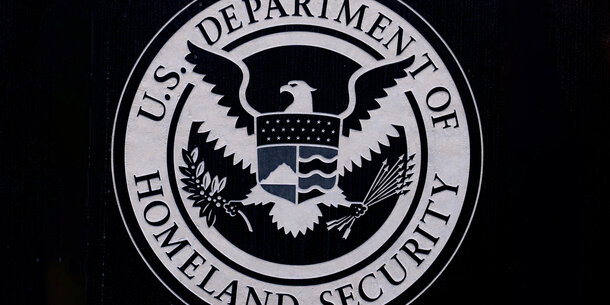This piece first appeared in the Washington Post.
Debate over President Biden’s plan to forgive student loan debt has focused on the merits of the policy. Who will benefit? How will it affect the economy? Is it fair? There has been far too little discussion of the means by which Biden will implement the plan: an invocation of emergency powers.
There needs to be more. However worthy the goal, Biden’s move is a dubious use of emergency authority — one that could invite more troubling misuses in the future.
Emergency powers serve a limited role in our constitutional system. Their purpose is to give presidents a short-term boost in power to handle a sudden, unforeseen crisis (the definition of “emergency”) that is moving too quickly or unpredictably for Congress to address. They often involve extraordinary delegations of authority, such as the power to assert control over domestic transportation. Congress provides these sweeping powers on the assumption that presidents will exercise them rarely and briefly.
Emergency powers are not meant to address long-standing problems, however dire. Nor are they meant to provide long-term solutions. And using them to get around Congress, when Congress has considered a course of action and rejected it, is a clear misuse of emergency powers.
Biden’s action disregards these principles. His plan relies on the 2003 Heroes Act, which allows the education secretary to modify the rules that apply to student loans during war or national emergencies if necessary to mitigate the effects of the crisis. Both President Donald Trump and Biden invoked this law to offset the economic impact of covid-19 by deferring payments and waiving interest.
While the pandemic was a sudden, unforeseen development, student loan debt has been a serious problem for decades. One could argue that covid made this problem significantly and abruptly worse, creating a true emergency. But covid itself has been with us for 2½ years; indeed, it could well be our “new normal.” And unlike the previous deferrals and waivers, debt forgiveness is a permanent act, not a stopgap measure.
As for Congress, members have had ample time to confront the pandemic’s fallout, including its interaction with other sources of economic hardship. Since March 2020, several lawmakers have introduced bills that would forgive $10,000 or more in student debt. Although one passed the House, none has made it through the Senate. In other words, Congress has chosen not to pursue this policy.
Against this backdrop, Biden’s action looks less like a temporary exercise of power to address a sudden, fast-moving crisis and more like a work-around to implement a long-term policy that lacks the necessary support in Congress.
To be sure, Biden is not the first president to use emergency powers in this way. Most notably (and flagrantly), Trump declared a national emergency to secure funding for a wall along the southern border after Congress refused his requests. Furthermore, Presidents George W. Bush, Barack Obama and Trump invoked the Heroes Act multiple times to alter the terms of student loan repayments, in apparent reliance on the emergency declaration issued after 9/11. Although Congress registered its approval, these actions took place years after the terrorist attacks and thus set a precedent for using the Heroes Act in non-crisis situations.
It would be a grave mistake to continue this pattern. Progressives are increasingly urging the use of emergency powers to bypass Congress on major policy issues, including climate change, abortion access and gun control. These calls are understandable. The lawmaking process appears to be broken: Again and again, Congress fails to enact the policies that broad majorities of Americans support.
But emergency powers are not the answer. For one thing, when it comes to long-term policy problems, they are rarely adequate substitutes for congressional action. Biden cannot use emergency powers to forgive certain private student loan debts or debts incurred after the covid-19 emergency declaration lapses. Absent broader legislation, student loan debt will likely remain a significant problem for millions. On this and other issues, there are no shortcuts around the hard work of fixing our dysfunctional legislature.
More fundamentally, sidelining Congress through emergency powers means sidelining the checks and balances that safeguard our liberties and democracy. The Heroes Act is among more than 120 powers available to presidents in a national emergency. Others are far more prone to abuse, including laws that allow the president to freeze Americans’ assets without judicial process and take over or shut down communications facilities. These powers could be wielded to undermine democracy — as Trump’s allies recognized when they urged him to declare a national emergency as part of a strategy to overturn the results of the 2020 presidential election.
Of course, restraint on Biden’s part would not foreclose abuses by future presidents. Until Congress reforms the National Emergencies Act, that door will remain open. But when a president who champions the rule of law ignores the principles governing the proper use of emergency powers, it opens the door a bit wider. No matter your view of the merits of student debt forgiveness, that’s an outcome that should trouble us all.



